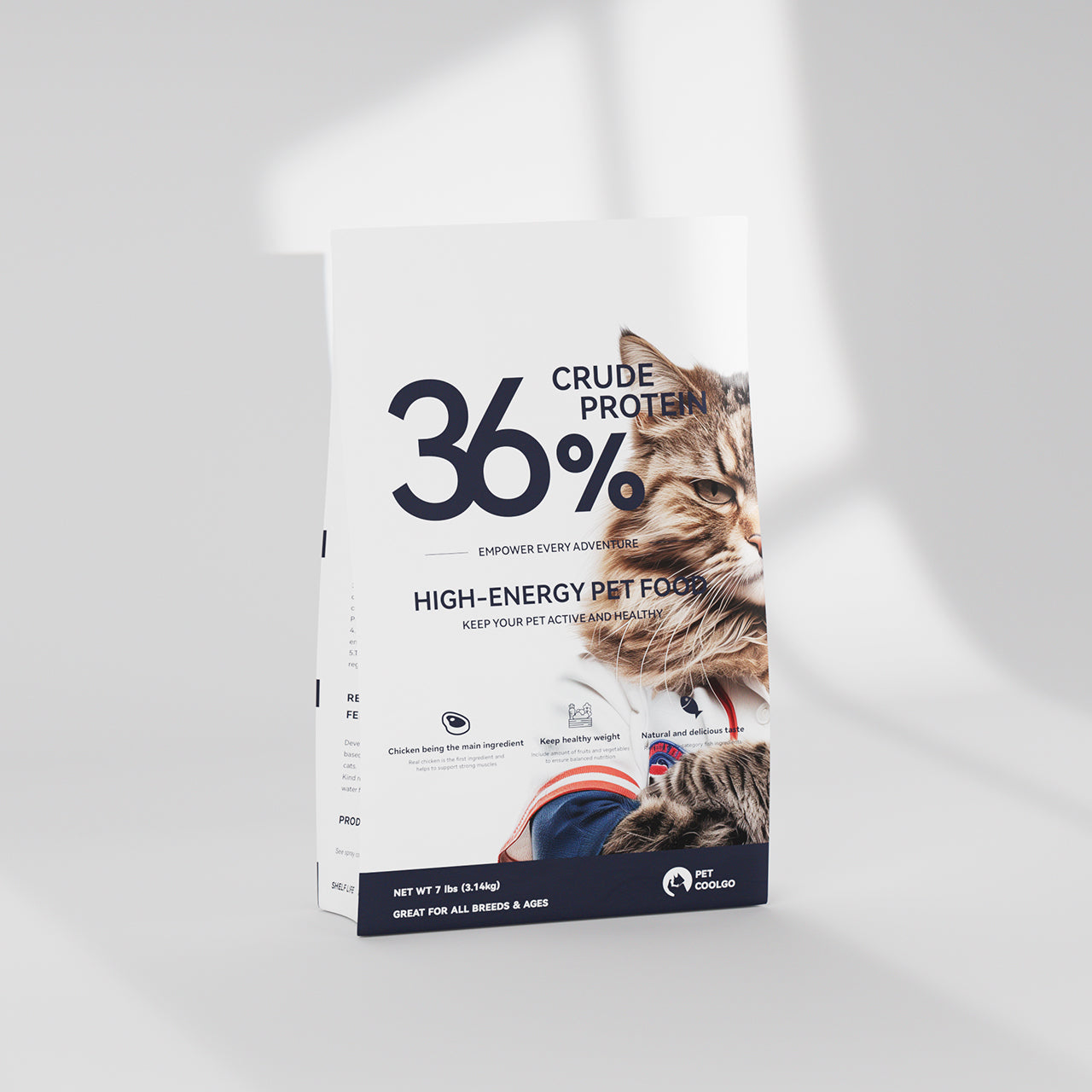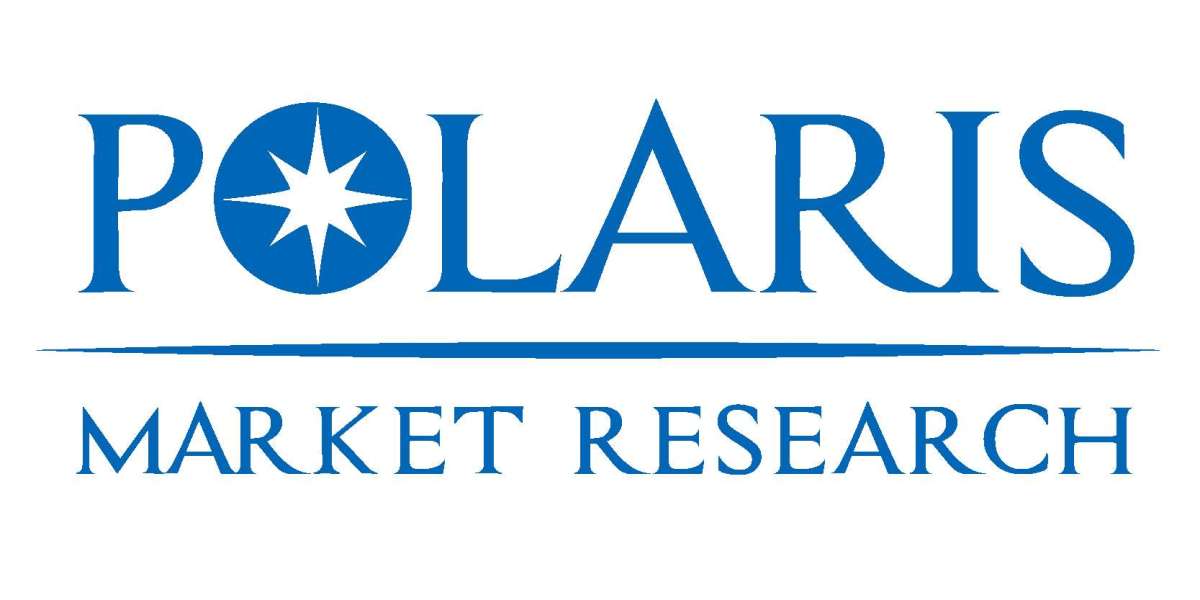Unlock the Secrets to Choosing the Best High Protein Cat Food for Your Feline!
When it comes to feeding our feline friends, protein plays a crucial role in their overall health and well-being. Cats are obligate carnivores, meaning their bodies are designed to thrive on a diet rich in animal-based proteins. High protein cat food supports healthy muscle development, boosts energy levels, and contributes to a shiny coat and healthy skin. With the growing trend among pet owners to seek out high protein options, choosing the right cat food has never been more important. This article will guide you through the essentials of selecting the best high protein cat food, ensuring your furry companion receives the nutrition they need to lead a healthy, active life.

Understanding Protein Requirements for Cats
Cats have specific nutritional needs that differ significantly from those of dogs or other pets. The primary requirement for cats is protein, which should constitute a substantial portion of their diet. Generally, adult cats require around 30-40% protein in their food, while kittens may need even more to support their rapid growth and development. It's essential to understand that not all proteins are created equal; there is a distinct difference between animal-based proteins, which come from meat, and plant-based proteins, found in grains and legumes. Animal proteins provide vital amino acids, such as taurine, which are essential for heart health and vision in cats. In contrast, plant proteins are often less digestible and may lack some of the critical nutrients that cats require. Therefore, selecting a cat food high in animal-based proteins is typically the best choice for our feline companions.
Key Factors to Consider When Choosing High Protein Cat Food
When navigating the world of high protein cat food, several key factors should guide your decision-making process. Firstly, always check the protein content percentage on the packaging; a good rule of thumb is to select food that contains at least 30% protein for adult cats. Next, consider the quality of ingredients. Look for recognizable, whole-food sources of protein, such as chicken, turkey, or fish, rather than vague terms like "meat by-products." Additionally, it's crucial to consider your cat's life stage. Kittens have different nutritional needs than adult or senior cats, so be sure to select food formulated for your cat’s specific age group. Lastly, take into account any dietary requirements your cat may have, such as allergies or sensitivities, and choose a product that accommodates those needs. My friend once had a cat that was allergic to chicken; after consulting a vet, they switched to a high protein option made with duck, which turned out to be a game-changer!
Comparing Different Types of High Protein Cat Food
High protein cat food comes in several forms, each with its pros and cons. Dry kibble is the most convenient option for many pet owners; it tends to be less expensive and can be left out for longer periods without spoiling. However, some dry foods can be lower in protein and may contain fillers, so it’s essential to read labels carefully. Wet food, on the other hand, typically contains higher protein levels and is more palatable for most cats. It also helps with hydration, which is crucial for urinary health. However, wet food can be more expensive and has a shorter shelf life once opened. Lastly, raw diets are gaining popularity among cat owners who want to provide the most natural form of nutrition. While these can be high in protein and mimic a cat's natural diet, they require careful handling and preparation to avoid health risks. Each type has its advantages and disadvantages, so consider your cat's preferences, your budget, and your own lifestyle when making a choice.
Reading Labels: What to Look For
Reading labels effectively is essential to identify high protein cat food options that are truly beneficial for your cat. Start by looking for terms like "meat meal," which indicates a concentrated source of protein, or "real meat," which signifies that meat is the primary ingredient. Be cautious of products that list plant-based proteins as the main ingredients, as these may not provide the essential amino acids your cat needs. Additionally, check for the protein content expressed as a percentage; the higher, the better! It's also wise to look at the ingredient list for any fillers or artificial additives that could detract from the food's quality. A friend of mine had a cat that was very picky about food; by learning to read labels, she found a high protein brand that her cat loved, simply because it had real meat listed first.
Common Misconceptions About High Protein Cat Food
Despite the benefits of high protein diets for cats, many misconceptions persist. One common myth is that high protein intake can lead to kidney problems in cats. However, research shows that healthy cats can digest and process protein efficiently without adverse effects on their kidneys. Another misconception is that high protein food can cause weight gain. In reality, weight management depends on the overall caloric intake and the cat's activity level rather than protein content alone. When my neighbor switched to a high protein diet for her cat, she was initially worried about weight gain, but with proper portion control and regular play, her cat thrived without gaining excess weight. It’s important to separate fact from fiction when it comes to your cat’s dietary choices.
Essential Considerations for High Protein Cat Food
Choosing the right high protein cat food is essential for your feline's health and well-being. By understanding their unique nutritional requirements, considering key factors like ingredient quality and life stage, and being able to read labels effectively, you can make informed decisions that benefit your cat. It's also vital to dispel common misconceptions surrounding high protein diets, ensuring that your furry friend receives the best possible nutrition. As you embark on this journey, remember that every cat is unique; thorough research and consultation with a veterinarian can provide tailored advice that meets your cat’s specific needs. Your cat’s health is worth the effort!








